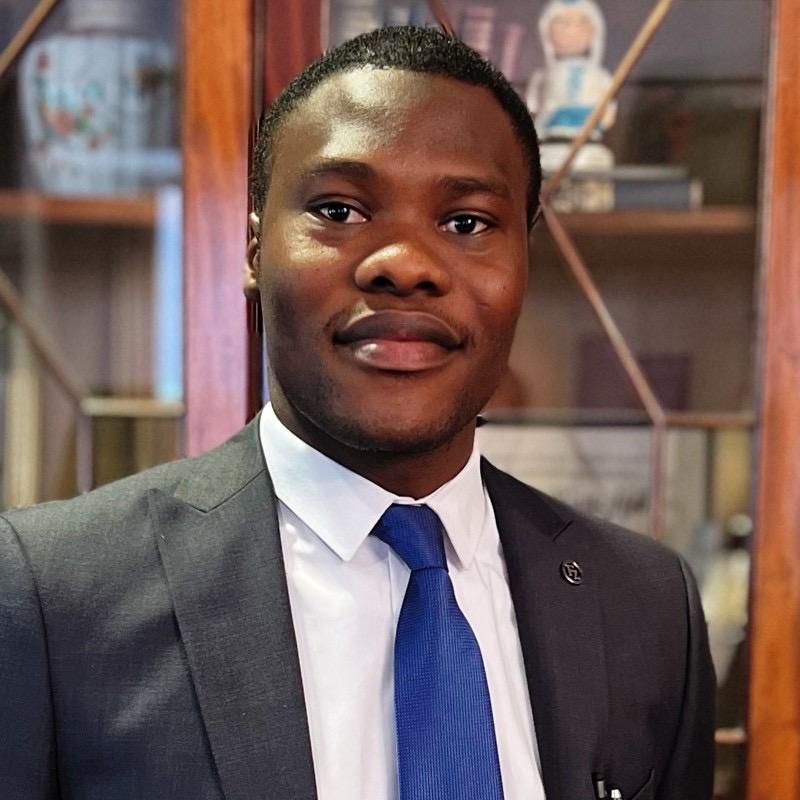Nigeria’s public finance reform has drawn international attention for transforming how Africa’s largest economy manages public funds. Supported by the World Bank and led by the Office of the Accountant General of the Federation (OAGF), the reform introduced a digital financial management system that strengthened transparency and accountability across the federal government.
Among the professionals who helped drive this reform is Ridwan Abdulsalam, a financial management systems consultant who has worked from 2018 to date on the World Bank–backed Government Integrated Financial Management Information Systems (GIFMIS) project. His analytical and technical input became central to one of the most ambitious fiscal modernization efforts in West Africa.
“The challenge was enormous,” Ridwan said. “Nigeria’s financial processes were mostly manual, making it hard to monitor cash flow and detect fraud. We needed a transparent system that would capture every transaction in real time and make misuse impossible to hide.”
Working from the Treasury headquarters in Abuja, he collaborated with multidisciplinary teams to digitize payment systems for all federal government ministries, departments, and agencies. The project unified payrolls, automated reporting, and introduced centralized monitoring of government expenditure. Within two years, the initiative significantly increased central control of public resources and uncovered salary duplications that had cost the country millions.
“Our goal was not only cost savings,” he explained. “We wanted to build trust in public institutions. When citizens see that public money is being properly managed, confidence in governance grows.”












